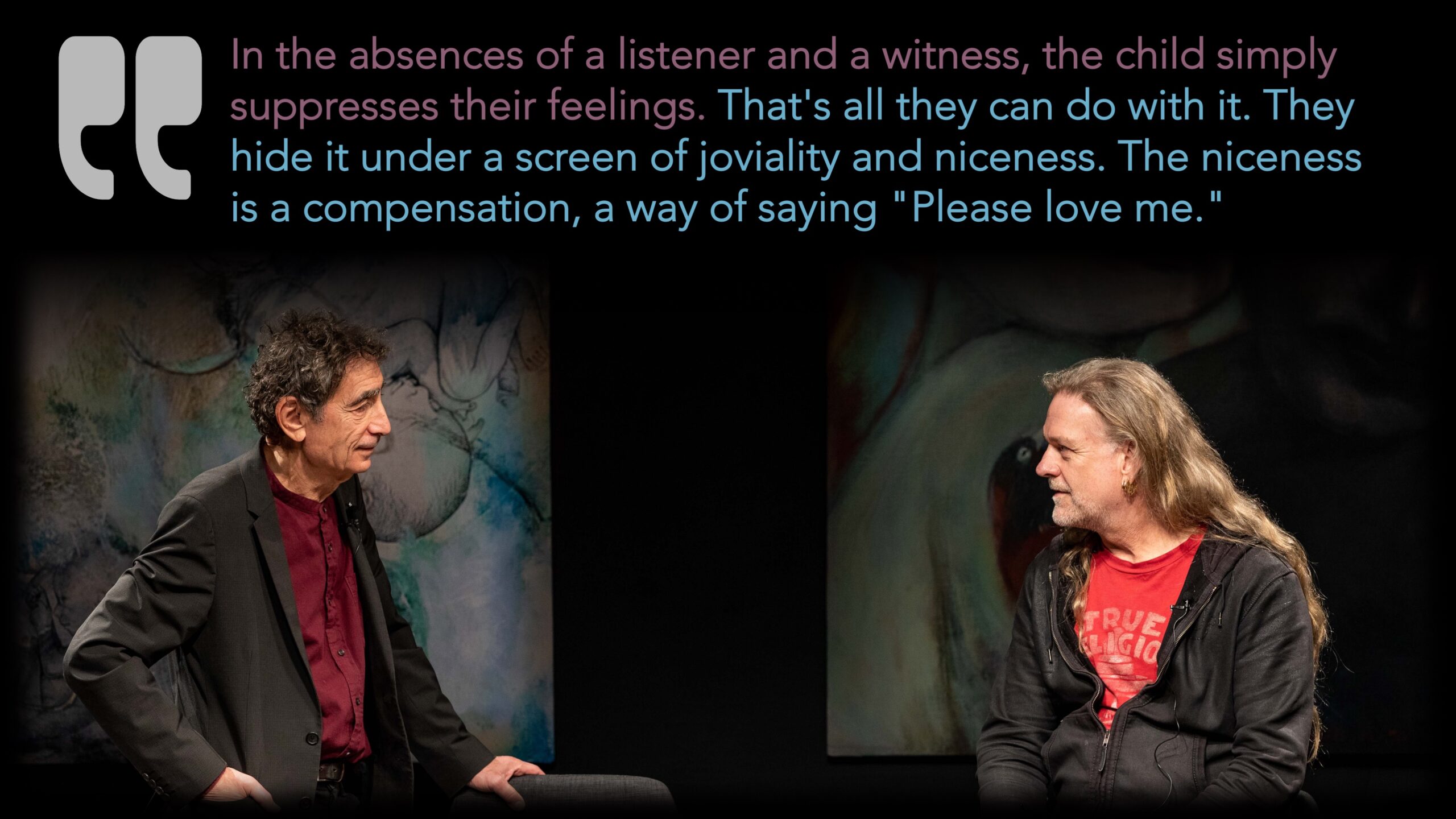
In previous lessons, we have discussed how early childhood experiences impact people’s behavior, beliefs, and perceptions. Now, let’s take a look at how these experiences influence people’s brains and bodies.
Before we’re born, when we’re in our mother’s womb, the development of our infant brain is influenced by the hormones in our mother’s body. If our mother has a calm, non-eventful pregnancy, then our brain develops normally. But if mom is stressed, depressed, anxious, or has other mental health challenges, our brain doesn’t develop normally. This is true whether the stress is internal (such as a mother with mental health or addiction issues) or external (stresses from things like job, environment, unstable housing, domestic violence, being a single parent, for example.) Stress hormones from our mother’s body will influence the development of the neural pathways in our infant brain. We don’t develop the normal calming neural pathways in our brain. Dopamine, endorphin, and serotonin (brain chemicals called neurotransmitters) can be affected.
This is also why adopted children have higher risk of addiction, suicide, ADHD, and other mental health disorders. Any woman who must give up a baby for adoption is going to be inherently stressed by the situation. That is going to have an impact on that baby’s brain development.
We previously discussed this when we talked about the Adverse Childhood Experiences study. Those adverse experiences impact how the brain develops. And as mentioned above, adverse experiences to our mother when we are still in the womb also impact our brain development. These experiences impact how the brain develops, and how the brain chemicals and pathways develop as well.
When this happens, we don’t get the normal sized pathways and free flow of brain chemicals in our brains. The flow is limited, because the pathways don’t develop correctly. This brain chemical deficiency limits our ability to feel connection and happiness. We can’t feel alive and interested and motivated the way “normal” people feel. But when we use drugs or alcohol, we artificially stimulate release of the deficient brain chemicals. So often, what we feel from using drugs is what others feel all the time. Does it make sense why that feeling is addictive? Who wouldn’t want to feel normal? Now, addictive behaviors aren’t limited to drugs and alcohol. When we play a fun video game, or go skydiving, or buy something we want, or some other exciting activity, that stimulates some of the same brain chemicals, especially dopamine. Lots of things can do that, including sex, food, shopping, gambling. And that’s why all of those things can, for some people, be addictive as well.
The challenge with drugs of abuse is just how much they stimulate the release of dopamine. For example, eating a favorite meal fires dopamine, giving us pleasure and satisfaction. Skydiving might release twice the dopamine as the meal. But a hit of crystal meth produces about 1200% of the amount of dopamine that eating the meal does. Other drugs of abuse are similar. And that is why they’re so addictive. Drugs of abuse have a similar impact on other neurotransmitters as well. Serotonin is known most for its impact on mood, and some drugs of abuse dramatically increase (temporarily) serotonin availability. Endorphins impact our sense of connection and love, and some drugs of abuse, especially opiates, are so powerful that they are described as a warm, soft hug.
A healthy person’s brain has a normalized flow of these neurotransmitters, so the drugs of abuse don’t have nearly as much effect on them. That’s why the majority of people can abuse alcohol, say while in college, but not develop a long-term problem with alcohol use disorder. The same with people who are prescribed a powerful opiate such as morphine or Oxycontin after surgery or a broken bone, and have no problem coming off of it when they are better.
But the people whose brains did not develop properly in childhood will have a different experience: They will immediately feel a sense of normalcy that they’ve never felt. That is what makes these drugs so addictive. Add on top of that the impact of traumas, which could be memories, or mental health disorders such as anxiety or depression. Or perhaps there’s resulting pain or empty feelings that result from that. The individual with that kind of history may seek out the use of drugs or alcohol to numb or decrease the pain.
But not everyone uses drugs of abuse to boost the flow of brain chemicals through their deficient brain pathways. As we mentioned above, some achieve this with other addictive behaviors, like gambling, shopping, sex, video gaming, or exercise. Still, others will numb their discomfort by immersing themselves in work. Others will find ways of tuning out; ADHD is the byproduct of tuning out, for example.
There are many different ways in which our childhood experiences influence our brain development and mental health. And just as many ways in which we cope with those aftereffects.
